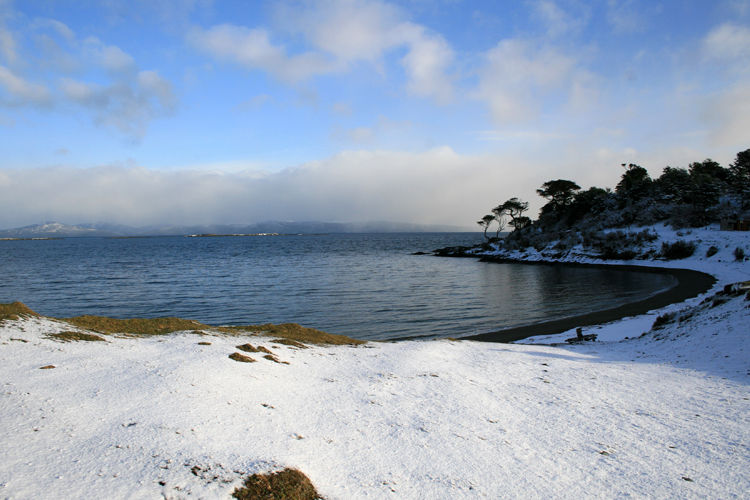

Fungi continually transform the materiality of the world we live in, and build a wide network of relationships, of life and death, with a diversity of chain linked organisms. Its existence is deeply intertwined with the existence of trees, bacteria, animals and plants, being the web that holds living organisms of all ecosystems.
Fungi influence the development of human knowledge, inviting us to reconsider the traditional legacy of cartesian thought, to open up to the intersection of disciplines and to the intelligence of non-human agents. On the one hand, designers and scientists together develop new biodegradable materials from fungi. On the other hand, anthropologists, biologists and artists assess the environmental, economic and political impact of transformations starred by fungi in ecosystems.
+


WHAT CAN WE LEARN FROM THE fungi WORLD TO COEXIST WITH NATURE AND BETWEEN US, SOCIALLY? ⬎
More related to animals than to plants, fungi were recently recategorized in their own kingdom and are omnipresent in the world comprising land, water, air and different living and non-living organisms. It is estimated that there are approximately 2.2 to 3.8 million species of fungi in the world.
Fungi Cosmology is a transdisciplinary research project by a group of artists, scientists, curators and anthropologists. The idea is to develop new knowledge and languages from the observation and analysis of the symbiotic relationships of fungi. The residency will be a three years project, held in the Amazon Patagonia and Switzerland and is dedicated to promote the importance of the fungi kingdom and its relevance for the future of the planet.
Our common vision is to engage in a long-term exchange with/about and through decolonizing methods and curatorial practices to create and raise awareness for sustainable ways of engaging with human and non-human environments.
+
Fungi Cosmology is a project co-created by Labverde (Brazil), CAB Patagonia (Chile), artists-in-labs program (CH), foodculturedays (CH), is curated by Lilian Fraiji, Maria Luisa Murillo, Irène Hediger and Margaux Schwab, has the collaboration of the artists Jorge Menna Barreto (Brazil), Maya Minder (CH), Sebastian Calfuqueo (Chile) Valentina Serrati (Chile), as well as the association of the scientist Juli Simon (Brazil), Patricia Silva-Flores (Chile), Martina Peter and Benjamin Dauphin (CH). The Amazon field Research also has the partnership of the mycologist Noemia Ishikawa.
The project is a initial idea of Labverde and CAB in the search for new research methodologies between Art and Science.












